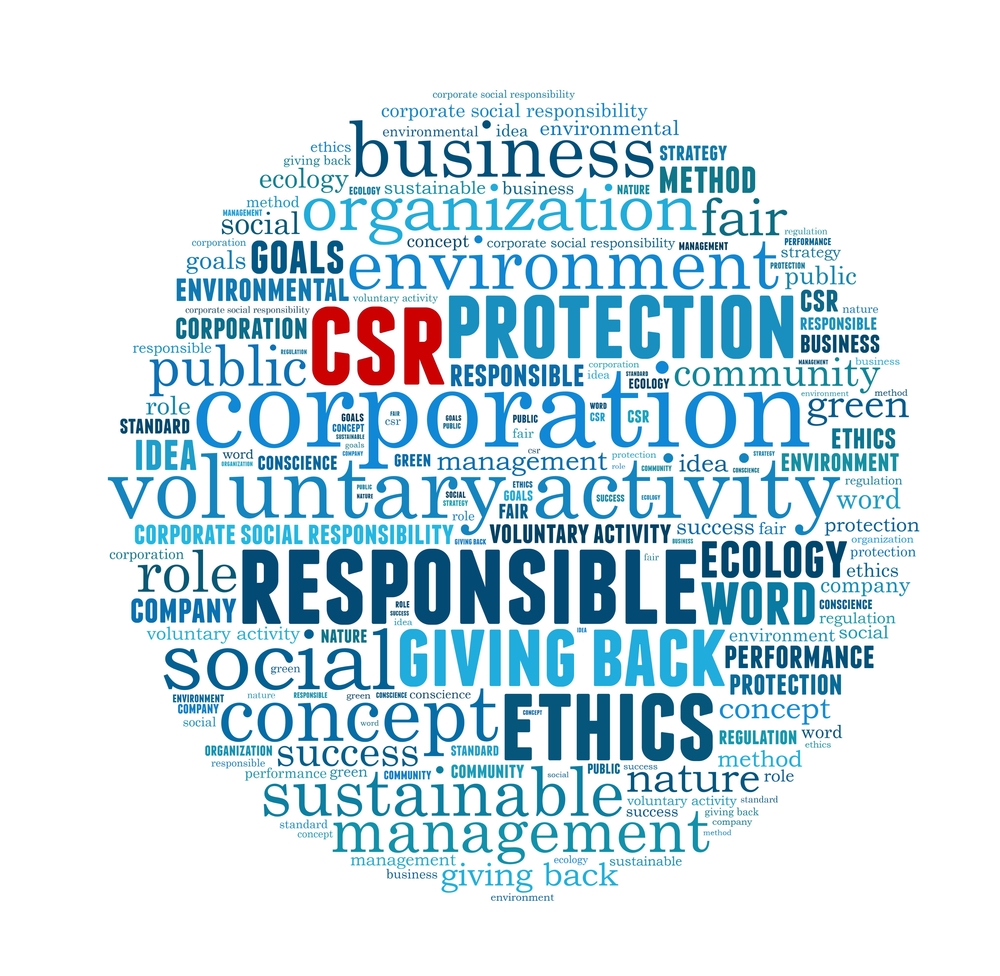You’d have to be quite the cynic to dispute the value of corporate social responsibility (CSR).
While it’s possible to question the efficacy or motives behind specific initiatives, most would applaud charitable activities within the business arena.
Thankfully, meaningful CSR appears to be becoming the norm among the Middle East’s largest construction outfits. Nowadays, it is unacceptable for large corporations to pay mere lip service to socially-minded activities; more and more, firms are launching schemes with clear goals and measurable outcomes.
Although such initiatives are conducted throughout the year, CSR-related efforts tend to intensify during the Holy Month of Ramadan – a period of deep spiritual reflection, and a time of increased devotion and worship. 2016 has been no exception.
Recent CSR activities have ranged from focused outreach events to large-scale projects that will benefit communities for decades to come. An example of the former was conducted by Renault Middle East in partnership with Arabian Automobiles Co. In a bid to nurture artistic expression, the automotive firms invited pupils from Dubai’s Al Noor Training Centre for Children with Special Needs to decorate a Renault Dokker van – an event that resulted in an impressively colourful vehicle.
At a community-wide level, facilities management firm Farnek has been supporting Solvatten, a portable water purifier with a solar heater that provides safe and energy efficient water to people living parts of the developing world that are vulnerable to climate change.
Deyaar, meanwhile, is to build a school in Senegal as part of Dubai Cares’ ‘Adopt a School’ initiative. The developer plans to build a primary school in the impoverished region of Fatik – a project that could benefit Senegalese youngsters for generations.
One of this year’s most innovative CSR initiatives was conducted by Emirates NBD, and focused specifically on the UAE’s construction sector. The bank provided labourers with air-conditioned vests; garments made from cooling fabric that uses water to function. After being submerged in water for five to 10 minutes, the A/C vests can reduce wearers’ body temperatures by 5°C to 7°C for up to eight hours.
What’s more, with its sights fixed on long-term development, Emirates NBD is now offering help to business owners and entrepreneurs who are interested in scaling the A/C vest idea, or implementing the technology to benefit their workforces.
It is all too easy – and fairly derisive – to dismiss CSR initiatives as self-serving. Without getting embroiled in an argument over the possibility of genuine altruism, I would say that the vast majority of these efforts are made in good faith. But regardless of motive, such schemes can make a huge difference to the communities and individuals at whom they are targeted.
Whether large or small, reactive or proactive, the CSR activities of our region’s construction companies should be praised and encouraged.
This article was taken from here.


Pingback: Renault Nissan Automotive India to invest Rs 1.4 crore in upgrading school infrastructure in Oragadam - SLSV - A global media & CSR consultancy network